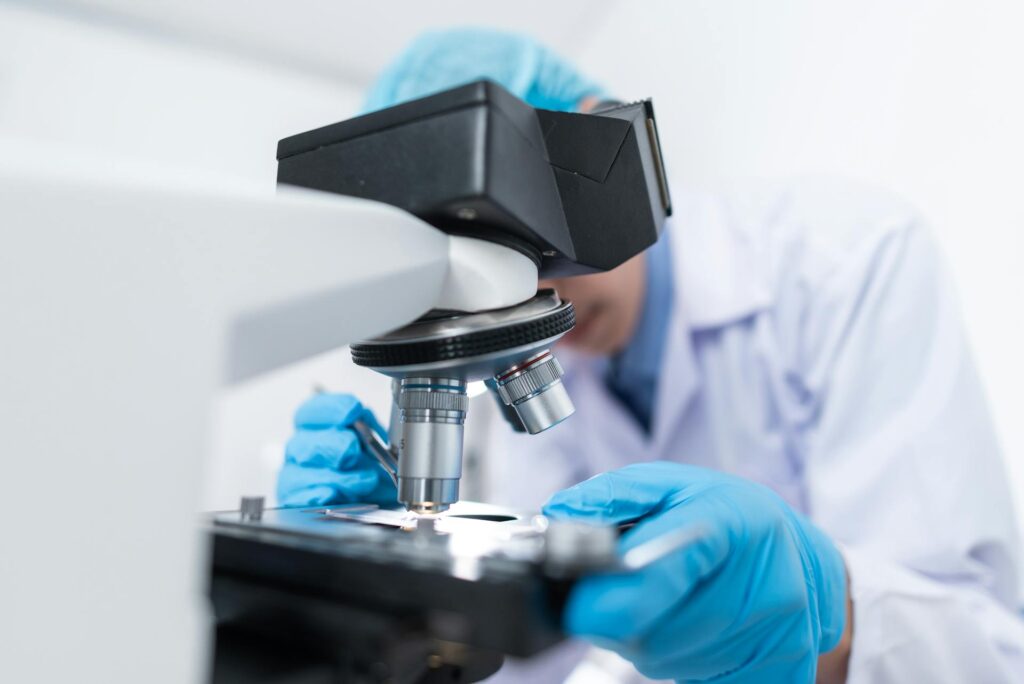People have used technology to raise crops and livestock for nearly 12,000 years. However, the last century has seen the rise of advanced technologies essential to meeting the nutritional demands of humanity’s growing population.
Biotechnology innovations have become critical to building a sustainable, efficient agricultural system. As technology innovations influence agriculture, it forces companies to prioritize some professional skills over others.
What Is Agricultural Biotechnology?
Agricultural biotechnology, also called AgTech and AgriTech, includes a broad range of traditional and emerging technologies intended to improve food production and security. When companies want to fill AgTech positions, they often look for professionals with experience in:
- Genetic engineering
- Agricultural robotics
- Biopesticide development
- Mutagenesis (using radioactivity to change the DNA of crops)
- Genome editing
Since this is a diverse area of study, companies might need to employ experts in robotics, genetics, chemistry, and data analytics.
Key Applications of Agricultural Biotechnology
Biotechnology has key applications that are shaping agriculture. Common applications include:
Genetically Modified Crops
Genetic engineering in agriculture allows farmers to choose crops with preferable traits. For example, farmers in dry areas might select crops that have been modified to thrive without much water. Other potential benefits of choosing genetically modified crops include pest and herbicide tolerance, faster growth, and higher yields. Essentially, farms rely on technology to grow more food with fewer resources.
Livestock Enhancements
Traditionally, farmers would use selective breeding to improve livestock. While effective, selective breeding is a time-consuming process that can produce unexpected results.
Modern technologies like gene editing can produce healthier animals with immune systems that resist certain viruses. Altering genes can also increase meat and milk production.
Microorganisms in Soil & Fertilization
Agricultural microbiology gives companies more control over soil health and disease resistance. Adding specific microorganisms, like bacteria and fungi, to the soil could increase the presence of nitrogen, phosphorus, and other essential elements without relying on chemical fertilizers. Some microorganisms could also help improve disease resistance in plants.
Improving Food Quality & Shelf Life
Agricultural biotechnology gives scientists tools for changing food at the molecular level, leading to improved food quality and shelf life. For example, farmers could choose to grow produce that remains nutritious and appealing for a longer period of time. With these benefits, crops could travel further distances to reach consumers all over the world.
Benefits Driving Industry Demand
Biotech in food production has become popular because it offers so many benefits to the agriculture industry and environment. By embracing these technologies, companies can see benefits like:
- Increased crop productivity and resilience, making it possible to protect investments and grow food with fewer inputs
- Reduced environmental impacts from using fewer pesticides and less water
- Improved food security and sustainability that help meet the nutritional needs of a growing population
As climate change continues to threaten food security, agricultural biotechnology stands out as one of the most effective ways to prevent hunger. Unfortunately, some countries don’t want to adopt policies that curb the effects of climate change. As the planet gets hotter, agricultural companies need to address what they can control. Technologies like gene editing give them that control.
What This Means for Talent in AgTech
The increasing importance of agricultural biotechnology means that companies — including large corporations that modify genetics and independent farms that grow food — must find professionals with the right levels of experience. That often means hiring:
- Biotechnologists
- Bioengineers
- Geneticists
- Data scientists
- Regulatory experts
These are niche positions that require years of training. Given that the talent pool is quite small, companies will inevitably need to compete with each other when hiring qualified professionals. That’s quite the challenge, given that bioengineering jobs are expected to grow faster than average between 2022 and 2032. Competition will only become more fierce over time.
However, finding a recruiter who can navigate AgTech’s evolving technical landscape gives you an advantage. Ideally, you want to choose AgTech talent solutions that know how to identify the skills necessary for open positions and already have networks of experienced professionals to contact.
Feeding the Future with Innovation
Agricultural biotech is about more than science. It’s about feeding the world. Companies can only meet that goal when they have access to cross-disciplinary talent that merges science, technology, and agriculture expertise.
Most companies don’t have the resources to source the AgTech talent they need to survive — let alone thrive — in this rapidly changing industry. In many cases, you will face a difficult decision: do you hire someone quickly or find the right person for the job?
That’s where MRINetwork comes in. We have more than 200 offices worldwide, making it possible for our recruiters to tap into a vast network of professionals qualified to fill your AgTech positions.
Connect with one of our offices today to start a process that ensures you hire and retain top talent for your AgTech company.

Connect with MRINetwork